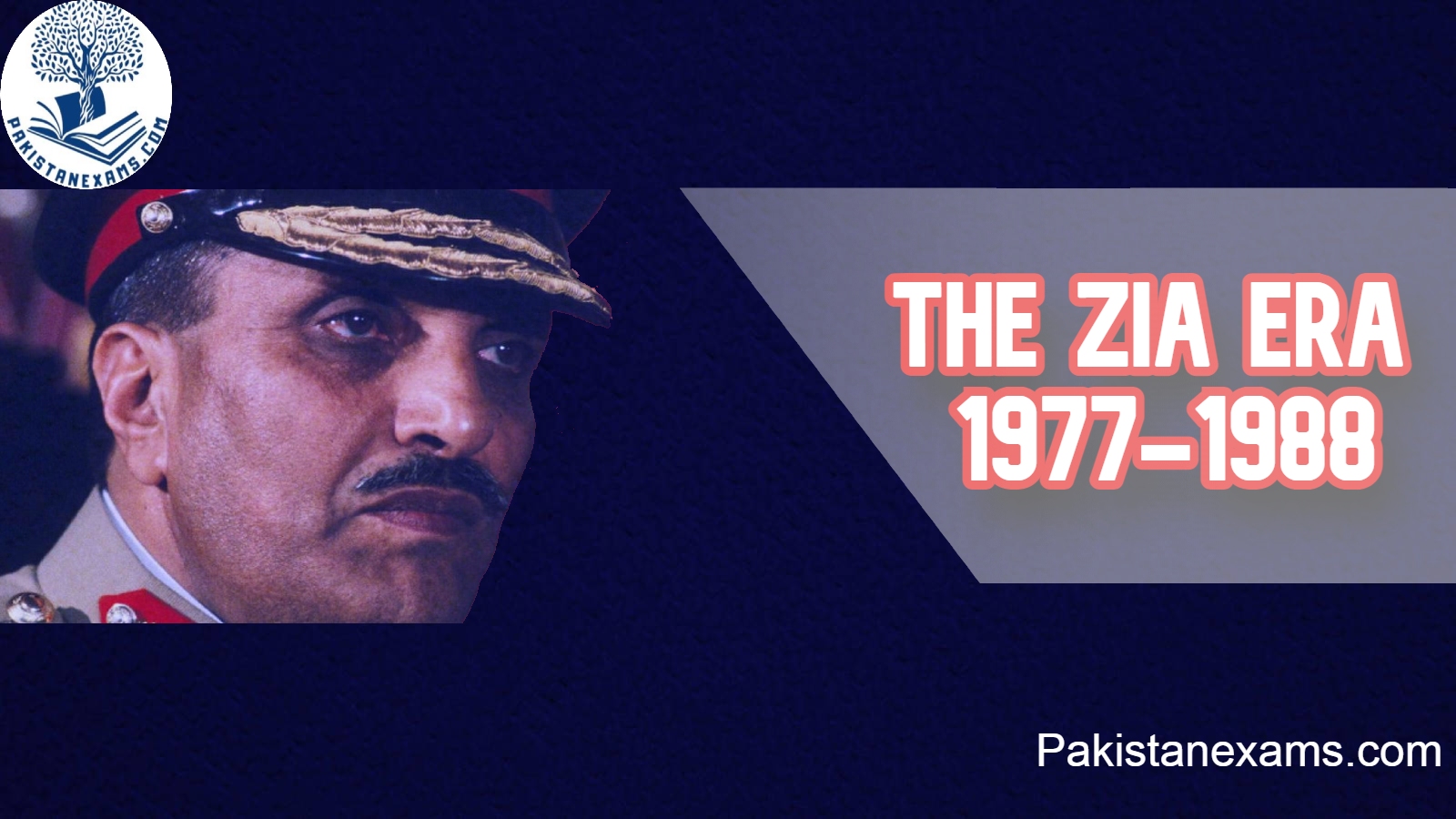Introduction
In 1976 Prime Minister Zulfiqar Ali Bhutto appointed General Zia Ul Haq as the Chief of Army Staff of the Pakistani military. Later, on July 5, 1977, Zia ul Haq removed Bhutto from his government and imposed martial law in the country. He promised to conduct an election in the country within 90 days, but this could not happen. Mr. Zia became an ally of the Western bloc during the Soviet invasion of Afghanistan in 1979. During his period, relations between Pakistan became strong with the Western bloc, and they had a healthy foreign policy with each other. He supported Afghan mujahideen and allowed millions of Afghan refugees into Pakistan as migrants. During this period the United States of America, Saudi Arabia, and China supported Pakistan with military and financial aid. In 1985, he lifted martial law and became the president of Pakistan. Moreover, Zia ul Haq created his government and brought reforms in politics and economic policies. On August 17, 1988, Zia ul Haq was killed when the aircraft was blown up during a flight from Bahawalpur.
Zia Ul Haq’s Islamization
Islamization became the cornerstone of Zia’s plan to reform Pakistan. It was not merely a political strategy but a deeply held belief. Noticing a revival of Islamic values in various Muslim countries, Zia readily advocated for a political framework rooted in religious ideals and customs. He called for criminal punishments in line with Islamic law and insisted on banking practices and economic activities that adhered to Islamic norms.
The Soviet Union’s invasion of Afghanistan in December 1979 further reinforced Zia’s resolve. As Pakistan became a “frontline state,” assisting the Afghan resistance (the mujahideen), Zia played a pivotal role. The country welcomed millions of Afghan refugees, and its northern city of Peshawar became a hub for Afghan resistance leaders. Zia’s commitment to Islamization was also aimed at reinforcing his own rule and establishing legitimacy.
Zia Ul Haq’s Foreign Policy
Zia-ul-Haq, the sixth president of Pakistan (1978–1988), left an indelible mark on the country’s history. His tenure was marked by significant shifts in Pakistan’s foreign policy, driven by regional and global dynamics.
Anti-Soviet Stance: Following the Soviet invasion of Afghanistan in 1979, Zia adopted an unequivocal anti-Soviet stance. He saw the conflict as an assault by an alien and aggressive neighbor on the Muslim world. Pakistan became a “frontline state” in this struggle, and Zia played a pivotal role in assisting the Afghan resistance (the mujahideen). The northern city of Peshawar became a hub for Afghan resistance leaders, and millions of Afghan refugees found shelter in Pakistan.
Islamic Solidarity: Zia believed that only by drawing from Islamic practices could Muslims in Pakistan and Afghanistan find common ground. Islamization became the guiding principle in his plan to reform Pakistan, reassure its unity, and galvanize the country to face foreign and domestic threats.
International Support: Despite strains in their relationship, the United States supported Pakistan during this period. Washington waived trade restrictions on aid to Pakistan, even though Islamabad was actively pursuing nuclear weapons. U.S. military aid to Pakistan reached several billion dollars by the end of Reagan’s second term. The Soviet-Afghan conflict provided common ground for cooperation between the two nations.
Zia’s foreign policy legacy remains intertwined with his unwavering commitment to Islamization and his role in the Afghan resistance. His actions during this period significantly shaped Pakistan’s position in the world.
Economic and Political Policies of General Zia Ul Haq
Economic Policy
General Zia Ul Haq brought reforms to the economic structure of Pakistan’s economy. He introduced two new ordinances in this regard, the Ordinance of Zakat and the Ordinance of Usher in 1980. In the Zakat Ordinance, the government deducted 2.5% tax from the annual income of the Banks. The Zakat committee was set up whose aim and purpose was to show loyalty to the poor, and financial support them. In addition, the Usher ordinance was imposed on the agriculture framers, in which a 5% tax was imposed on the framers on their agriculture productivity.
Moreover, General Zia ul Haq changed the Nationalization of Bhutto into Privatization. The dictatorial government supported private companies with fiscal and non-fiscal incentives to grow their business and provided them with tax concessions.
Political Policy
General Zia ul Haq introduced Majlis e Shura (The Federal Council) to perform the functions of the president. The Governor of each province selected the nominees for the Majlis e Shura on the reports of intelligence agencies and bureaucrats. The president could select 350 Federal Council members, including Ulama, mashaekh, women, minorities, professionals, framers, and laborers. The Majlis e Shura could have a Chairman and four vice chairmen, one from each province.
General Zia ul Haq established new Shariat courts and benches judicial legal cases according to Islamic doctrine. New criminal offenses (adultery, blasphemy) were introduced, and punishment (whipping, stoning to death, etc) was added to the law.
Note: Click here to read about the domestic policies of Zia ul Haq
Conclusion
General Zia ul Haq was the 3rd martial law administrator, who dissolved the democratic parliament of Pakistan. On July 5, 1977, Mr. Zia ul Haq imposed martial law in the country and kept Mr. Bhutto behind bars. Later, in 1979, He sustained Mr. Bhutto to the capital punishment. After that, he became the ally of the Western bloc against the Soviet invasion of Afghanistan. During that time he received military and financial aid from the Western bloc and China. In 1985, Mr. Zia ul Haq became the president of Pakistan and on August 17, 1988, he was killed in an aircraft blown in Bhawalpur.

